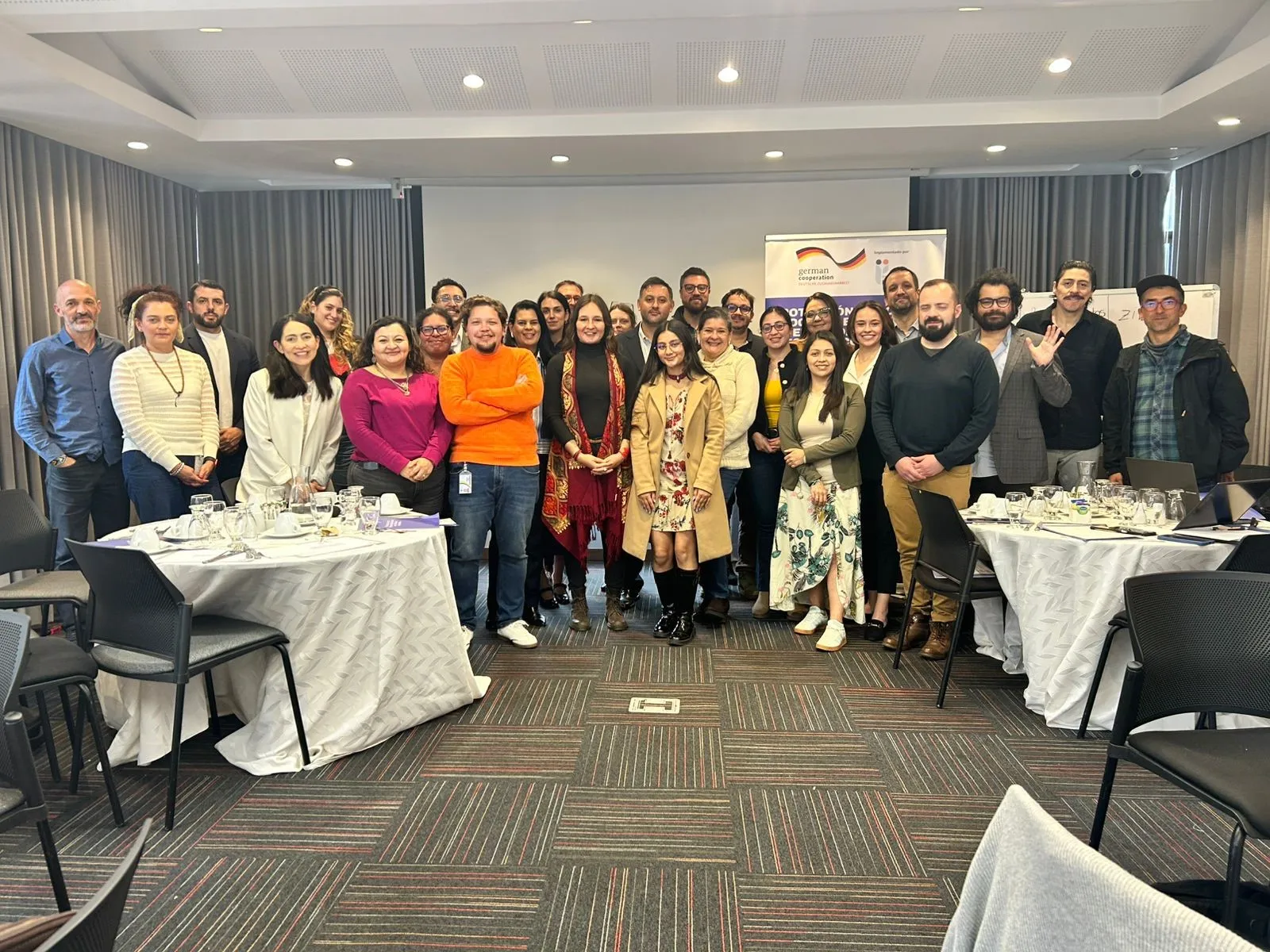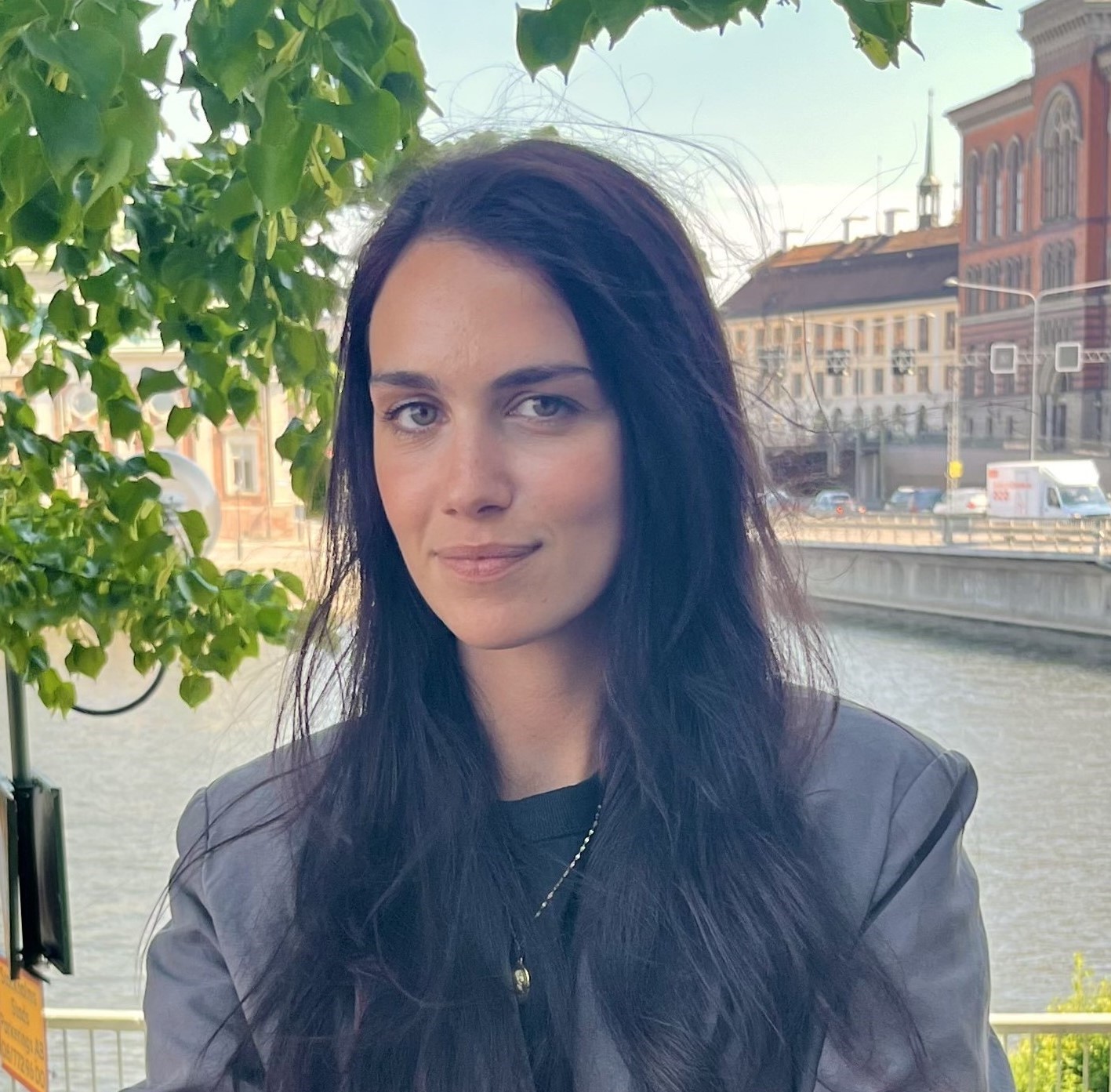Colombia moves to protect elections in the digital age

The workshop, representing the third building block of the project – implementation phase -, brought together representatives from the National Civil Registry (RNEC), the National Electoral Council (CNE), civil society organisations, academia, media, and international partners. Building on earlier mapping and roadmap workshops, the event marked an important step towards translating agreed priorities into practical initiatives.
From Legal Frameworks to Civic Education
Discussions during the first day focused on modernising Colombia’s legal and regulatory framework to address emerging threats such as disinformation, artificial intelligence (AI), and online electoral manipulation. Expert contributions, including from the Atlantic Council’s DFRLab and Brazil’s Supreme Electoral Tribunal, highlighted comparative experiences and regulatory approaches – such as Brazil’s recent steps to regulate deepfakes and enhance platform accountability.
Participants reflected on gaps in Colombia’s current regulatory framework, emphasising the need for strategic planning, stronger enforcement capacities, and proactive public communication to build citizen trust.
The second day centred on civic and digital education as a means to strengthen resilience against mis/disinformation and encourage youth participation. Universities showcased initiatives to develop courses and events on electoral processes and disinformation. Civil society actors stressed the importance of media literacy and alliances between investigative journalists and media outlets, while the RNEC presented its youth-focused education programs.
A Shared Commitment to Democratic Resilience
The workshop also highlighted the value of cross-sectoral cooperation, underscoring the importance of collaboration between electoral management bodies, civil society, academia, media, and other relevant electoral stakeholders.
By convening diverse stakeholders, the implementation workshop provided a platform for comparative learning and practical planning, while reaffirming the urgency of countering information-related threats and strengthening citizen education.
The workshop forms part of International IDEA’s broader Protecting Electoral Processes in the Information Environment project, funded by the German Federal Foreign Office (FFO), working in six target countries to build national-level responses to misleading and malign influencing practices in the information environment around elections and to share lessons learned across regions and at the global level.




